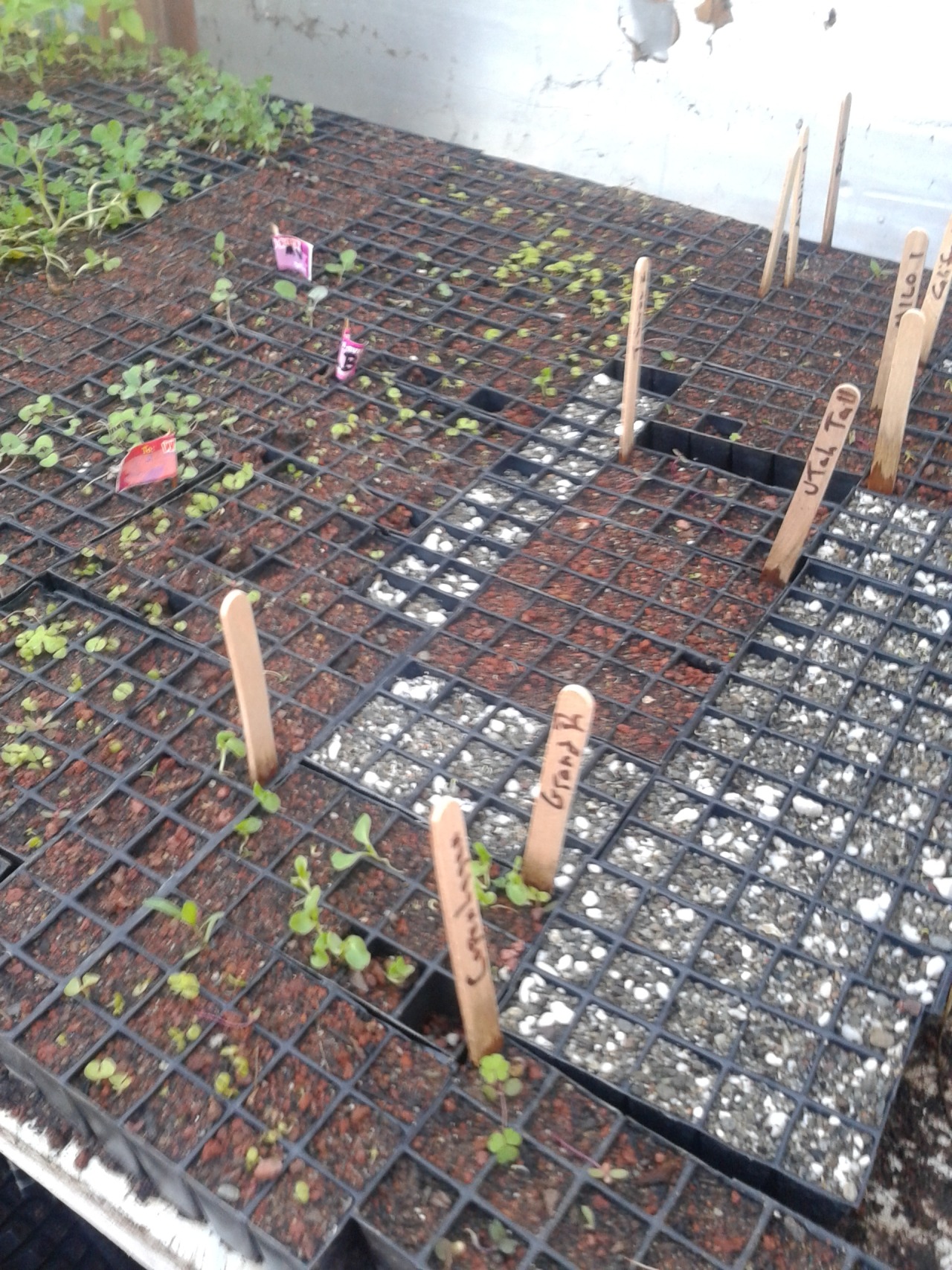You may not realize this, but your entire lifetime is at the far right hand side of that chart, up at that peak. Somehow there will exist on our planet, an ever-increasing number of people that require food and water. In order to feed and care for all those people, we need to do something differently with our resources.
Other parts of the world are already making the change. It is an amazing thing to behold.
This book is about how we can care for more of the world's population and make a handsome profit in the deal. Generating value is about finding a need, and meeting it with available resources at the lowest possible cost. Any difference between the cost of the production and the final value is called, "Profit", and it is the motivating force behind what we call, "Business".
In order to address the needs of populations of people more precisely, we will first need to define a few terms. These terms will help you to understand, in a more structurally complete manner, how we can manage our resources to produce a planet which is not only habitable, but also comfortable, for however many people are alive, and wherever they live.
Terms:
- Timespace - A quantity of space for a specific period of time.
- Energy cost - How much energy is required to perform or produce a specific product.
- Economic cost - Economic resources that are consumed by a product's production.
- Monetary cost - Actual currency cost, mostly associated with end customers.
- Generated Value - Net increase in value
- Purchased Value - Value as differentiated from value received.
- Beneficial Bacteria - Bacteria that are common among healthy populations of people who farm by hand.
- Rhizosphere - The area of the soil that is penetrated by roots, and which contain a plethora of biological activity.
- Soil Health - The ability of a soil to resist soil-borne pathogenic biological activity.
- Carbon Debt - An estimate of the quantity of carbon dioxide that is currently in our atmosphere, above the quantity before the Industrialization age.
- 3 trillion trees - How and why I intend to be involved with the planting of 3 trillion trees during my lifetime.
- Where's the Carbon? - Evaluating the current situation with measurable carbon dioxide in our environment as compared with pre-industrial levels. We also take a look at various fluctuations in atmospheric gasses as they occurred since earth first achieved 'an environment' with 'carbon based life-forms'.
- Manufacturing Rainforests - What kinds of roadblocks and hurdles would need to be covered before we could design and build a rainforest to replace the millions of acres of rainforest that have been destroyed, and where it could be accomplished. Also addressed are possible ways that it could possibly be a commercially profitable venture.
- 10 Most Wanted - A look at the current 10 most environmentally destructive products on the earth right now and what we as individuals and organizations can do about it. (Muriate of Potash, Polyester fibers, etc.)
- The Literati - What it is and why you should care.
- Edible Algae - Hard numbers about actual operations and why there can never be 'enough' nutritional algae production.
- Modern Energy - Why there exists, "Unlimited" energy, and how, precisely, it can be achieved while protecting and even building and increasing our environmental resources.
- El Dorado - How a cup of yogurt could reduce our carbon debt and increase the viability of our croplands to mythological levels.
- Compounding Damage - How current environmental problems are causing more and more damage and how we can stop it.
- Exercise is good for the environment - Taking good care of your health is good for everyone. Eating a balanced diet and staying physically active is important for all of us who care about each other.
- Arid Farming - As much information as I can find about growing crops for commercial production in arid environments.
References:
- None yet



No comments:
Post a Comment